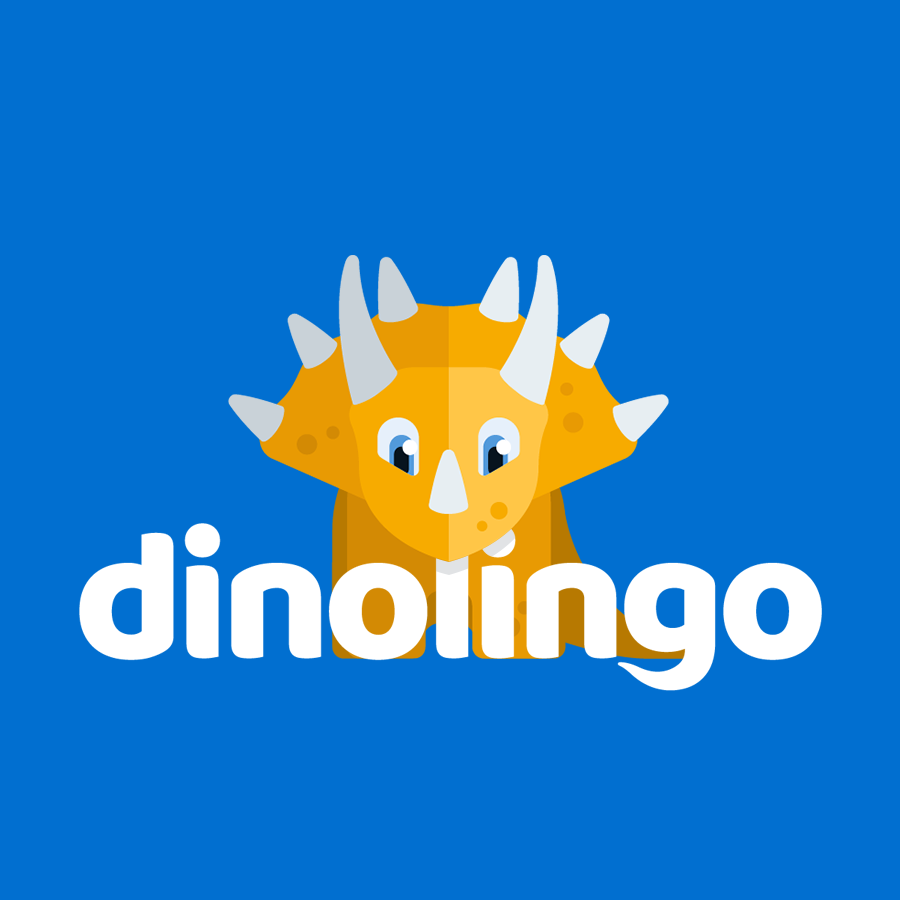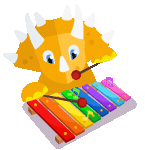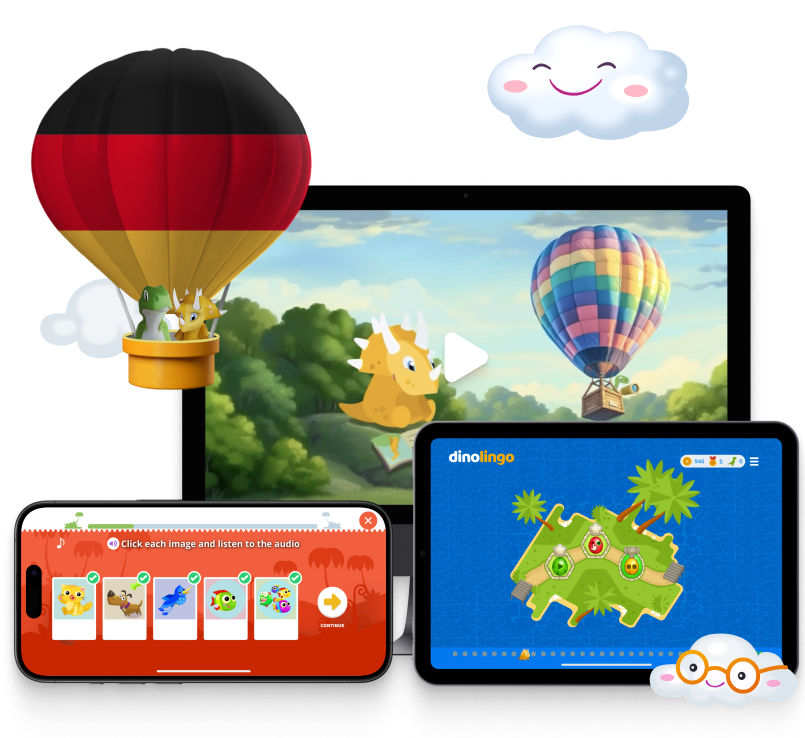Why Kids Love Germany—Language, Castles, and Chocolate!
Germany (Deutschland) is located in the heart of Europe and is officially known as the Federal Republic of Germany (Bundesrepublik Deutschland). Often called the “Land of Poets and Thinkers,” it is home to many world-renowned artists, scientists, and inventors. With over 81 million people and 16 culturally diverse states (Bundesländer), Germany offers children a rich learning experience—from language and music to history and holidays.
Famous Germans: Poets, Thinkers, and Inventors
Children can explore the legacies of Johann Wolfgang von Goethe, the Grimm Brothers, and Nobel Prize winner Robert Koch. Germany also celebrates genius minds like Albert Einstein. Museums, concerts, and theaters remain central to German cultural life.
Geography and Cities
Germany is bordered by nine countries and stretches from the North Sea and Baltic Sea in the north to the Alps in the south. Major cities include Berlin, Munich, Frankfurt, Dresden, and Hamburg. Germany’s tallest peak, the Zugspitze, lies in the Alps near Austria.
German History: From Division to Unity
After World War II, Germany was divided into East and West, with Berlin split in two. The Berlin Wall fell in 1989, leading to reunification. Every October 3rd, “German Unity Day” is celebrated.
Famous Landmarks
One of the most iconic places is the Brandenburg Gate in Berlin, a symbol of peace and unity.
German Etiquette and Manners
German culture values order, punctuality, and respect. Shaking hands is a common greeting, and table manners are important. Guests are expected to bring small gifts, and standing up to greet elders shows good manners.
Traditional German Food
Germany is famous for its hearty cuisine:
-
Breads like pumpernickel and pretzels (Brezeln)
-
Meats such as sausages, schnitzel, and roast pork
-
Vegetables like sauerkraut and white asparagus (Spargel)
-
Desserts including strudel, Black Forest cake, and gingerbread (Lebkuchen)
Wine regions in southern Germany are also famous, with annual festivals attracting global visitors.
German Fashion and Traditional Dress
Modern German fashion aligns with other Western trends. During festivals, women wear dirndls and men wear lederhosen, traditional outfits rich in regional history.
Games German Children Love
-
Mensch ärgere Dich nicht – a classic board game like Parcheesi or Ludo
-
Topfschlagen – a party game where blindfolded children search for hidden pots with spoons, guided by others shouting “hot” or “cold”
German Fairy Tales
The Grimm Brothers collected over 200 folktales such as Hansel and Gretel, Snow White, and Cinderella. These stories are still widely read and have been adapted into beloved children’s movies.
German Holidays and Traditions
-
Christmas (Weihnachten) and Easter (Ostern) are major holidays
-
Children celebrate St. Nikolaus Day (Dec 6) by placing shoes out for gifts
-
Oktoberfest is the largest festival, held in Munich each fall
-
Walpurgis Night features bonfires and scary costumes to drive away evil spirits
Popular German Names
Girls: Anna, Lena, Julia, Katharina, Sofia
Boys: Hans, Jakob, Lukas, Michael, Stefan
German Alphabet and Language
German is related to English and is spoken in Germany, Austria, Switzerland, Luxembourg, and Liechtenstein. The unique letter ß and vowels with umlauts (ä, ö, ü) make German distinct. Children can begin learning the alphabet and phrases like:
-
Guten Morgen – Good morning
-
Wie heißt du? – What’s your name?
-
Ich heiße… – My name is…
German Music and Instruments
Germany is known for both folk and classical music.
-
Oom-pah bands and Bavarian folk songs feature in festivals
-
Schuhplattler dancers stomp and clap in rhythm
-
Classical composers: Beethoven, Bach, Brahms, Wagner
Traditional German Song: Kling, Glöckchen, Kling
Children enjoy both the original and English versions of this song at Christmastime. It encourages vocabulary around holidays, family, and emotions.
Travel and Natural Beauty
Germany offers countless destinations:
-
The Alps for skiing and hiking
-
Black Forest for fairy tale adventures
-
Castles, especially Neuschwanstein, the inspiration for Disney’s Sleeping Beauty Castle
-
Rivers like the Rhine, Danube, and Elbe
Make German Learning Fun with Dinolingo
Want to turn all this cultural richness into an exciting learning experience? Try Dinolingo’s German program designed especially for kids ages 2 to 14. Dinolingo offers interactive lessons, animated videos, flashcards, songs, games, and worksheets that bring the German language to life.
The platform is available on web, iOS, and Android, includes offline resources, and features a parent dashboard so you can track your child’s progress. Dinolingo also offers one flexible subscription for up to 6 users and over 50 languages perfect for multilingual families!
Start your child’s journey into German language and culture today with Dinolingo.

Start Learning a New Language Today!
Best Language App for Kids.
7-day free trial. Then only $19/month. Cancel anytime.


Awesome, this page helped me a lot
true